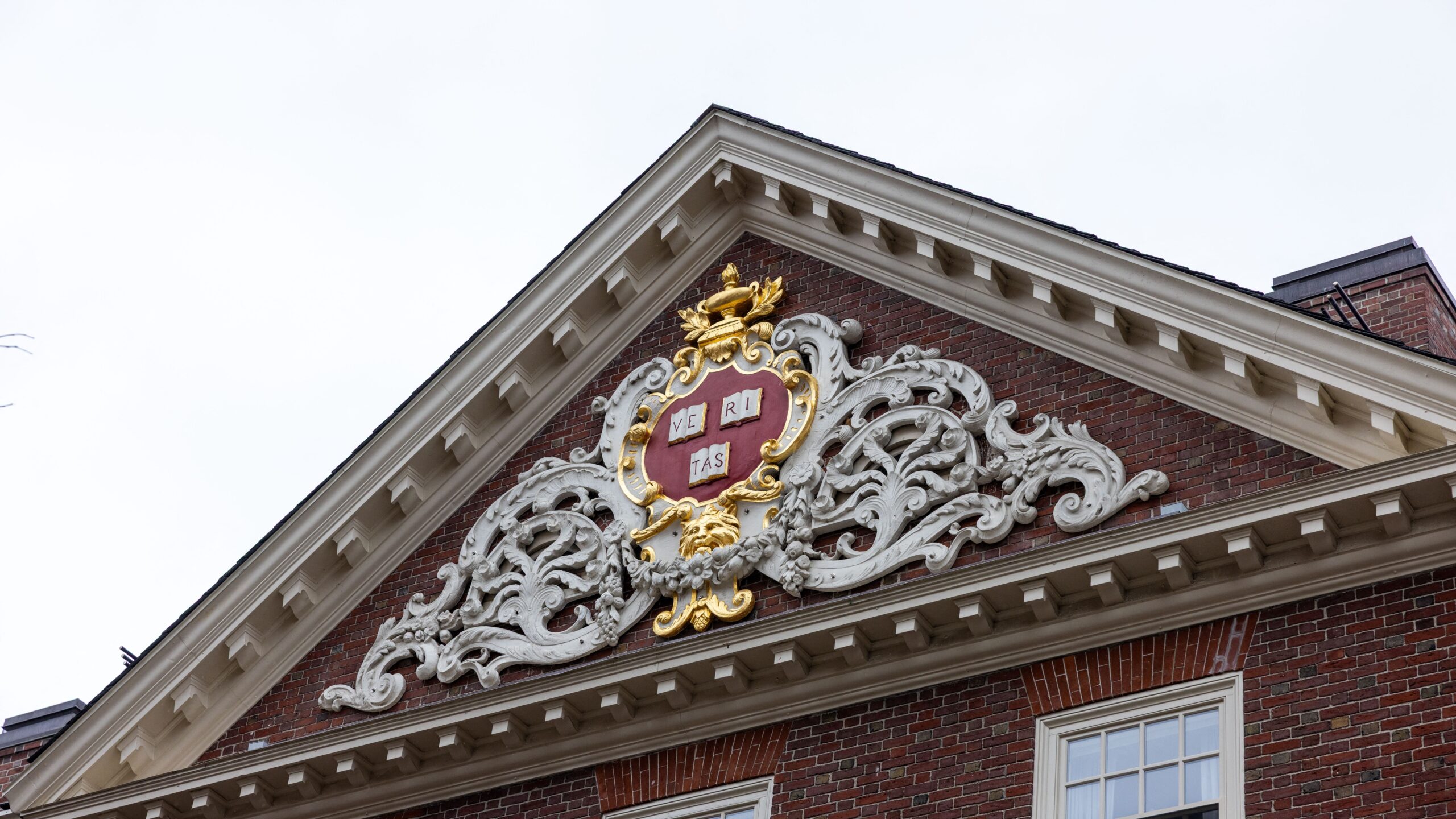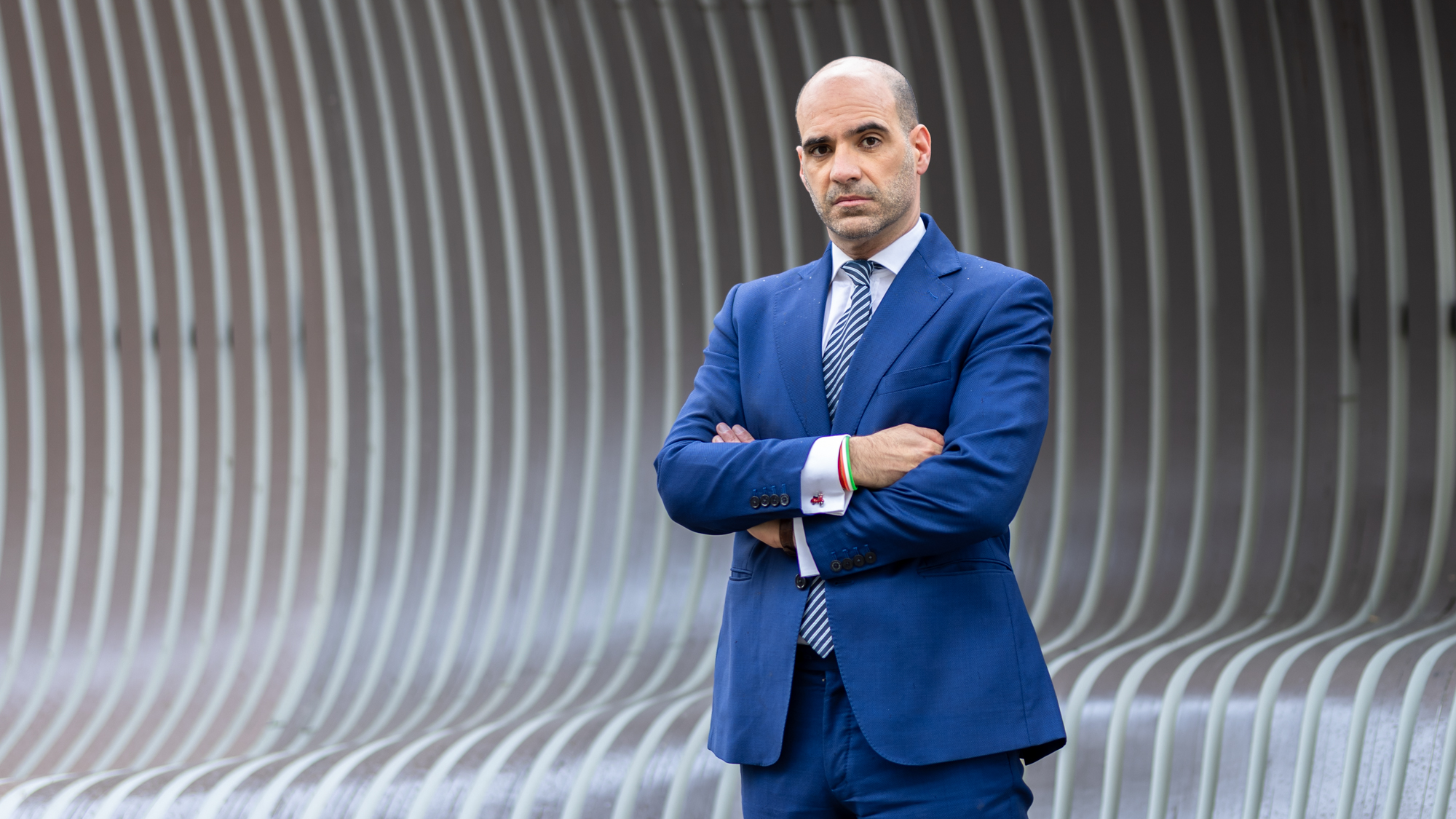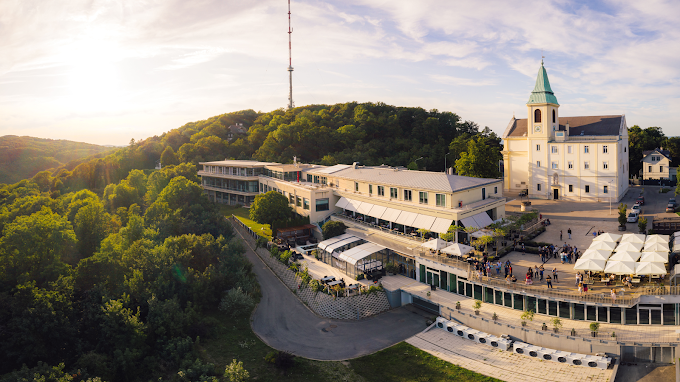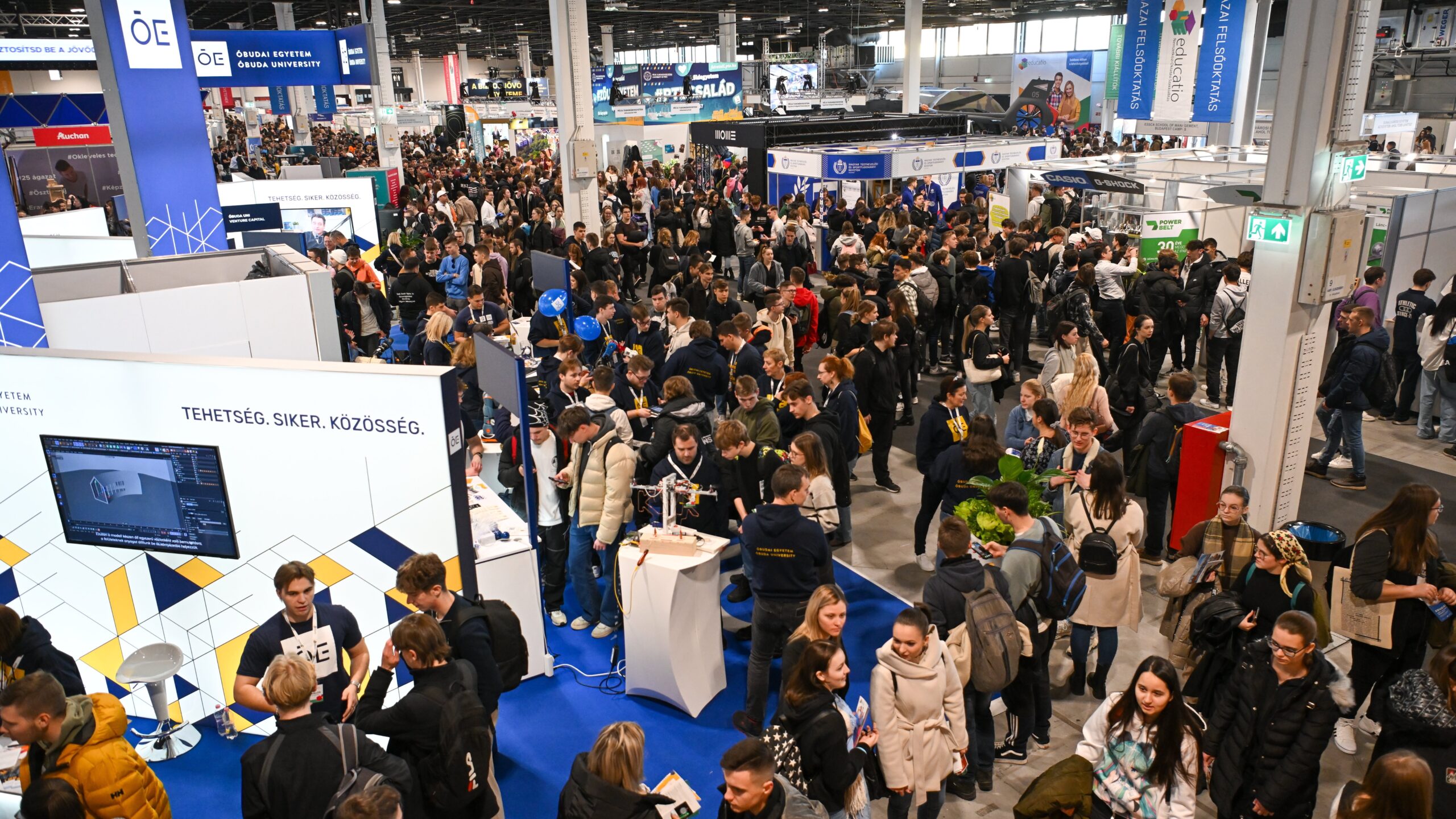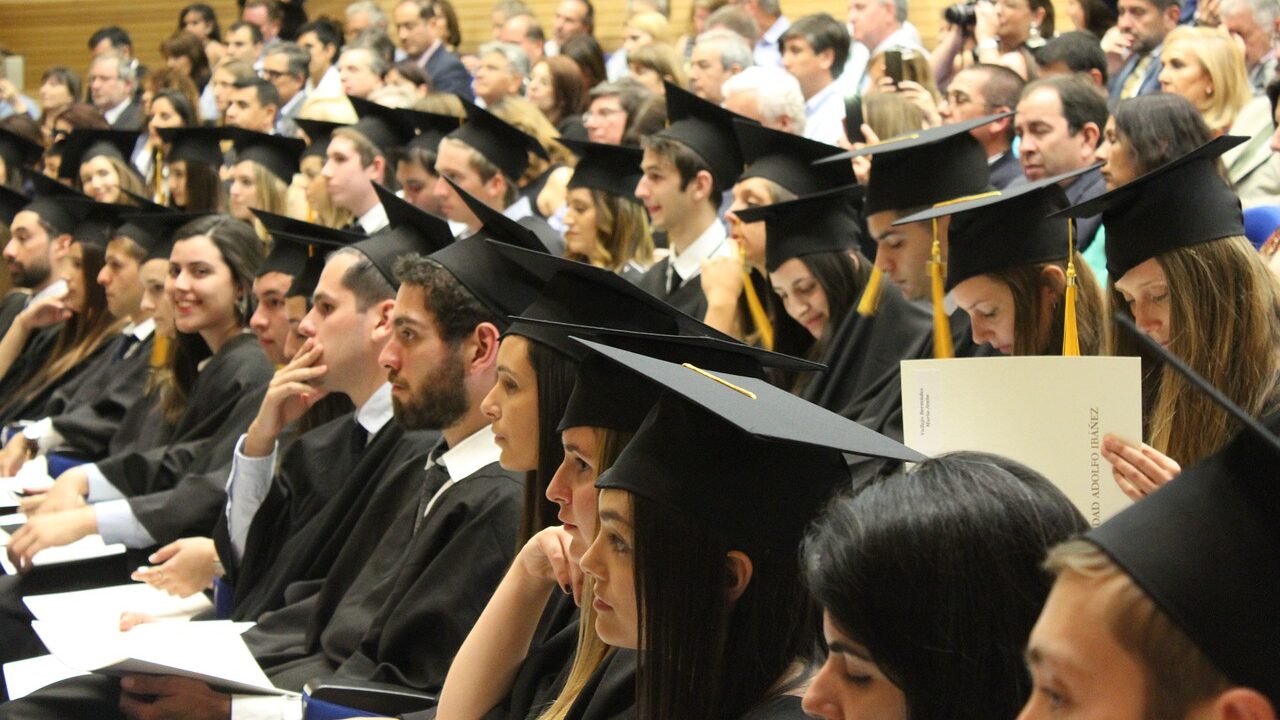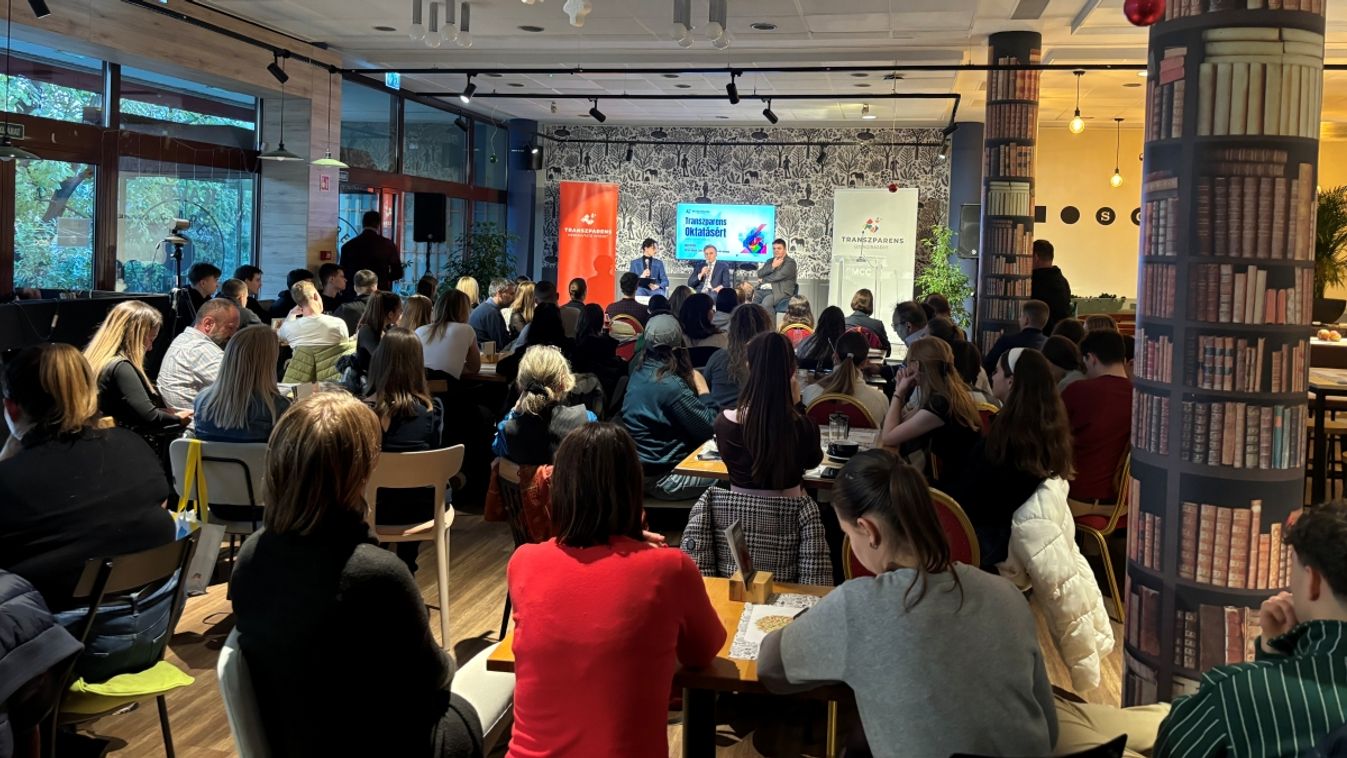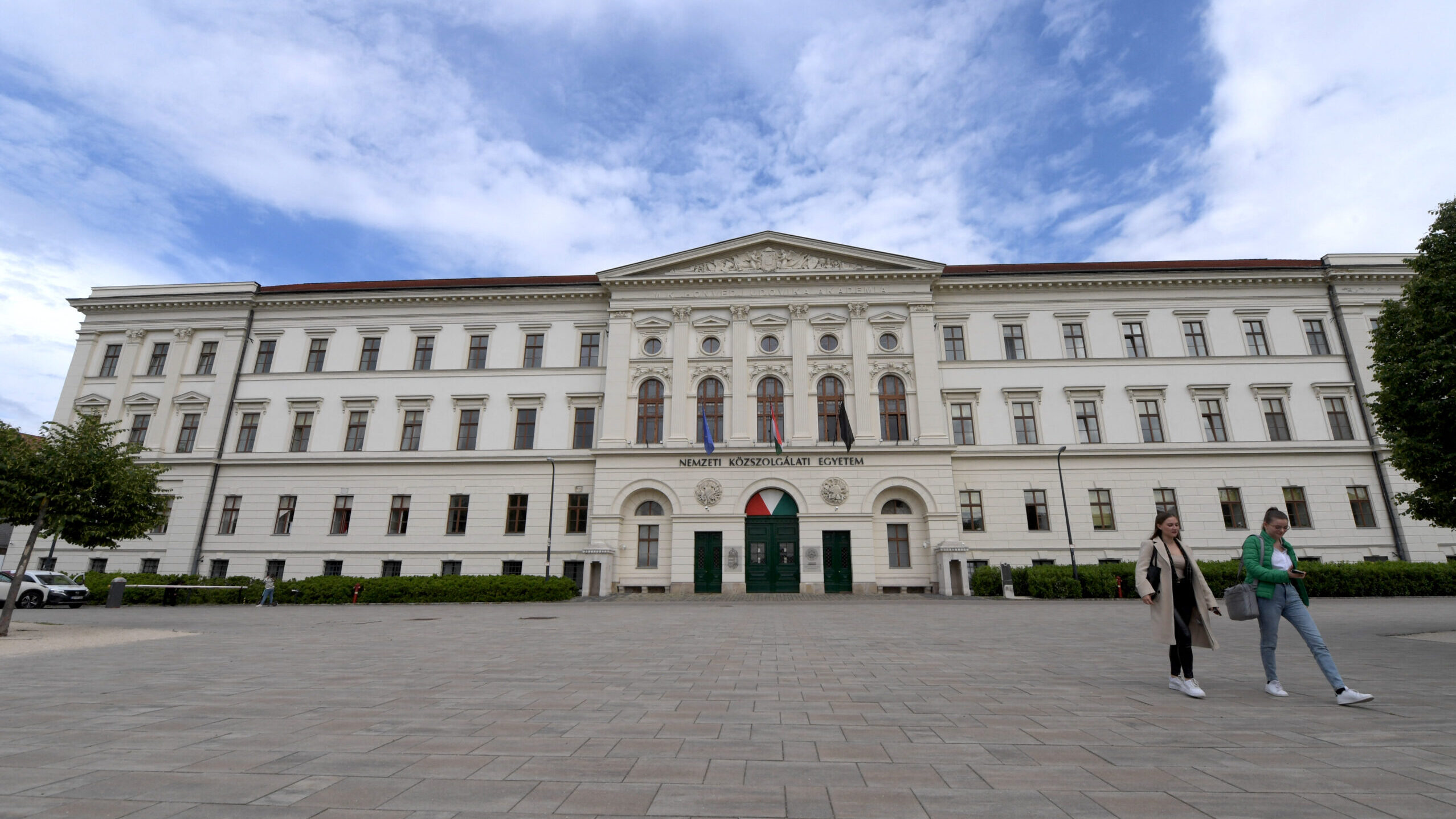
US Experts Hail Hungary’s Higher Education Reform As Model to Follow
A Newsweek op-ed by Ilya Shapiro and Charles Yockey hails Hungary’s university reform as a template for conservatives, claiming Western campuses have abandoned neutrality for ideological enforcement. They argue the foundation model ensures accountability and academic freedom across the political spectrum.


